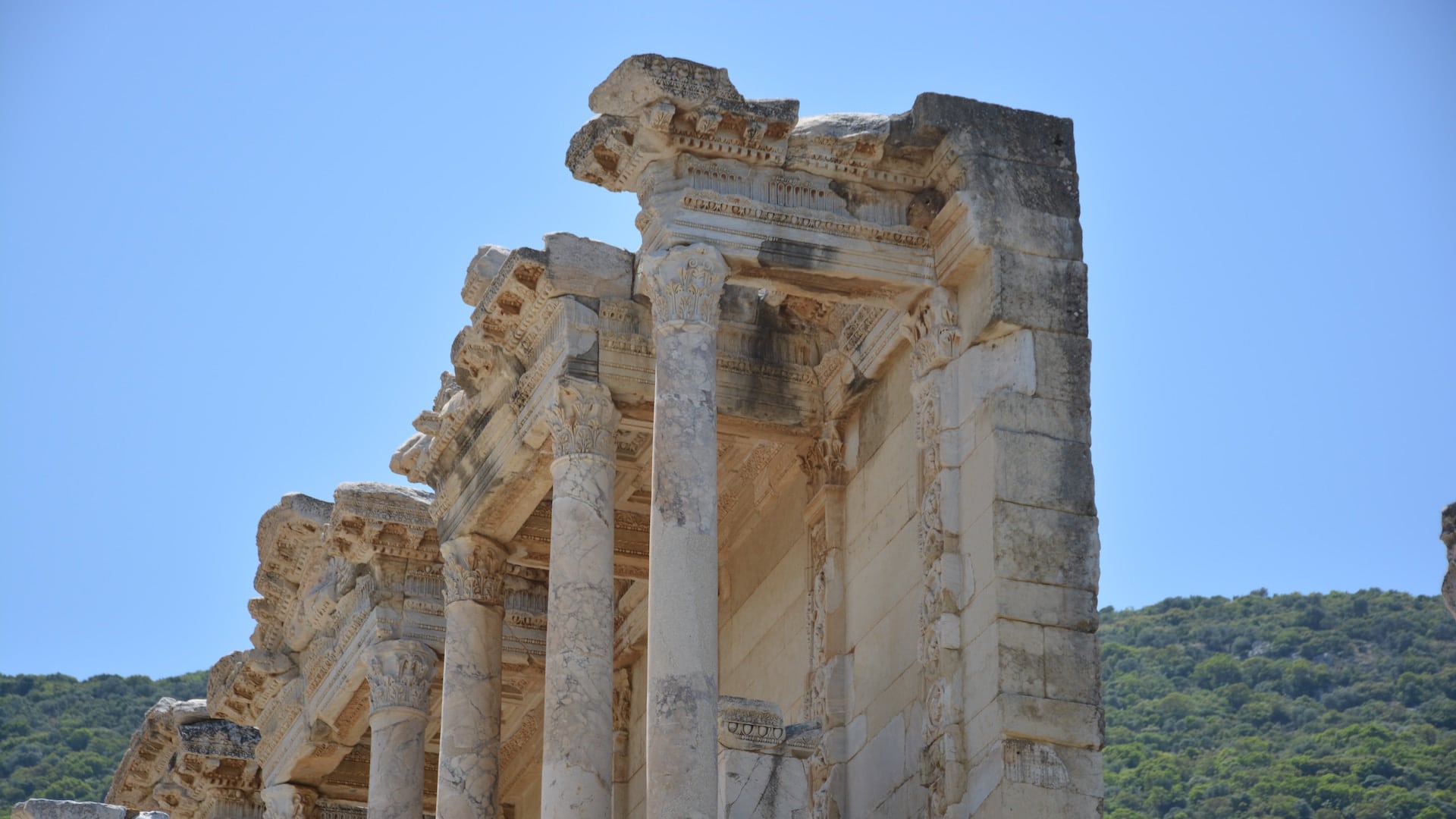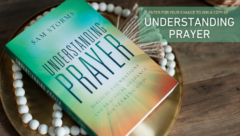“The most impressive things on earth are ruins,” he said. “The four greatest structures ever built have now been reduced to a state of decay.” The Parthenon rising above the city of Athens is in ruins; the temple of Artemis in Ephesus is in ruins; the temple of Jerusalem is in ruins; the Colosseum in Rome may have been partially restored, but will never regain its former glory, for it, too, is in ruins. The splendor of the ancient world has decayed and disintegrated.
And as he speaks I ponder how we are drawn to ruins, how we are fascinated by these artifacts of what was once so beautiful, so splendid, so powerful a display of human power, opulence, and ingenuity.
Today we travel far and wide to visit the ruined remains of great buildings. No trip to Peru can ignore Machu Picchu, no trip to England can ignore Stonehenge, no trip to Cairo can ignore the Pyramids and the Sphinx. We stand and gaze and try to imagine what these buildings must have looked like in their prime. And like Percy Bysshe Shelley as he stood before the ruined remains of a statue of Ozymandias, we ponder the futility of enshrining our name and our reputation in something as flimsy as stone.
And it isn’t just buildings that fascinate us. As we study history we ponder the rise and fall of nations and entire civilizations. There was a time when the world’s greatest empire was Greece, though now the nation is mostly an afterthought in world affairs. The same is true of Egypt, Italy, and so many others. They were dominant for a time and ruled by fear, domination, and intimidation. And then they fell as quickly as they had risen, passed into obscurity as quickly as they had ascended to supremacy. We study them today to consider what caused their downfall. We visit them today to explore the remnants of their power, the ruins of their might.
And beyond buildings and civilizations, we study the ruins of human beings. We remain fascinated with figures like Napoleon who rose from relative obscurity to become the dominant figure in world affairs. Yet he died when he was still relatively young and generations of historians have been fascinated with what led to so catastrophic a downfall. Alexander the Great, Julius Caesar, Cleopatra—all had lives that were reduced to rubble, all died in ignominy rather than splendor and no study of ancient history is complete without considering their rise and fall, their ascendancy and ruin.
Truly, the most impressive things on earth are ruins. The most impressive civilizations are ruins. The greatest people are ruins. This is a world of ruins. And this teaches us that today’s most breathtaking buildings will also someday be ruins; the most powerful civilizations today will eventually be ruins; the greatest people today will inevitably be reduced to ruins. That’s just the way it is in this broken, beaten, battered world.
The gates of pearl will never come unhinged. The streets of gold will never be torn up. The walls of jasper will never fall.
And then I ponder this: We are going to a city where there will be no ruins. The gates of pearl will never come unhinged. The streets of gold will never be torn up. The walls of jasper will never fall. The great temple will never lose its opulence. The many mansions will never crumble, never burn, never be destroyed. To the contrary, what is built there will last forever. The nation of God’s people will ascend without challenge and without interruption, and they will never be conquered, never be surpassed. No individual there will rise only to fall and then be remembered to history for his ignominious collapse.
As we ponder the rot and wreckage of this earth, let us remember, let us believe, and let us joyfully anticipate: We will leave this world of woe for a world of bliss, this world of ruins for a world without ruins.
Inspired by De Witt Talmage










